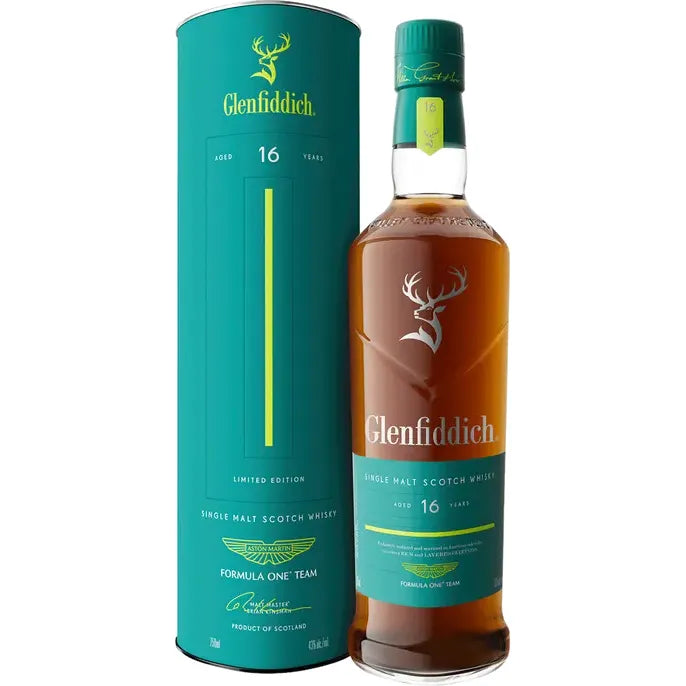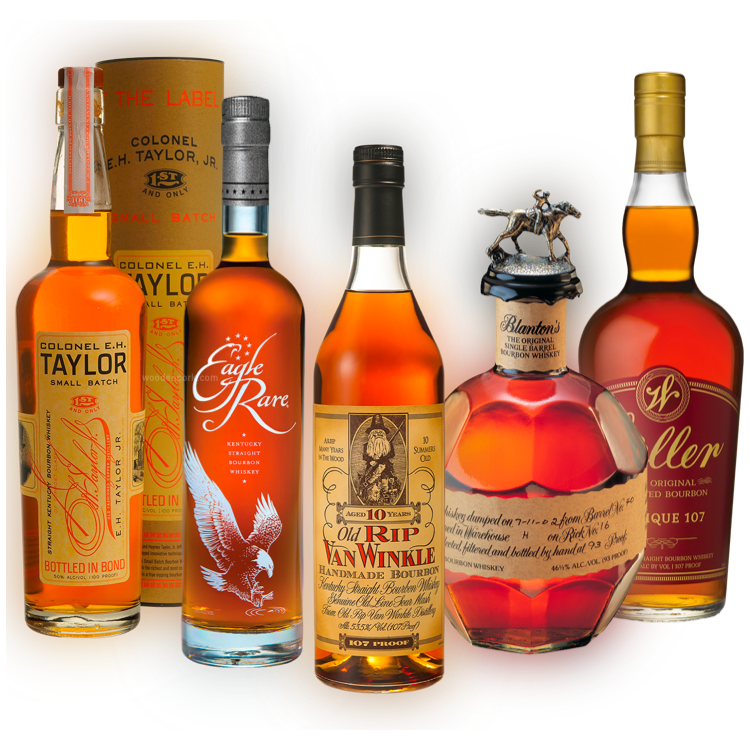The ‘pico’ distillery putting Rwandan spirits on the map
In the last two and a half years, Imizi has grown from a solo venture to become Rwanda’s first internationally awarded rum. We spoke to Singaporean entrepreneur and co-founder Rohan Shah about the brand’s recent fundraise, establishing a brand identity, and his plans for international growth.
In early 2022, I serendipitously met Shah at a bar in London. At the time, the brand was a solo venture – Shah was about to travel back to the Rwandan capital of Kigali to register the company, Umwero Terroir Spirits, apply for his Rwandan residency, and continue fermenting and distilling in his backyard. “Back then, it was just me,” he says. “I continued until I arrived at a recipe that I was happy with, developed a brand identity, built this tiny, tiny distillery – I call it a ‘pico’ distillery because it doesn't even quite qualify as a nano distillery, it's so small – but what that allowed me to do was essentially get fully licensed to operate and sell spirit in Rwanda, at least. And, you know, get that early validation to demonstrate to people, hang on, you can build an African distillery and spirit from scratch that is good and that people are excited about.” As of 1 November, Imizi has been on the Rwandan market for a year, and the company now has three employees. In addition, Shah has brought on Pierra Ntayombya as a co-founder. “All of our employees are Rwandan. Jean Baptiste Ngabo and Prince Shema are both involved in production. Both of them have been learning how to distil from scratch. “Jean Baptiste has been with us for about a year and a half now. And he's a bonafide expert. When I started this company, I was janitor and sugarcane crusher and head distiller. And now I show up and do about three hours of blending a week, and they handle 95% of production, which is incredible.” The third member of the team is Patrick Mugisha, who is the retail and bar associate. “One of the things we realised is that we've created a world class, idiosyncratic, weird spirit that is beautiful and unusual and singular,” Shah says. “But Rwanda doesn't quite have a cocktail culture that would embrace it wholeheartedly, right? I mean, we do really well sales-wise locally, but to make the final jump for people to get it, we have to sort of create the supportive infrastructure of understanding how the spirit works in the world, right? How do you consume something like that? And so we turn a tiny café into a cocktail bar three times a week, Thursdays, Fridays and Saturdays. It seats eight. So really, really intimate and small. "Patrick used to be a farmer, and now he's bartender, and he loves it, and people love him. He's incredibly thoughtful about flavour, and it's really, really exciting to be able to see the tangible change that we were able to make to people's lives by giving them skills that did not exist here, or they did not have.” Shah notes that statistically, Rwanda's alcohol consumption matches that of the UK, however that consumption is typically of traditional ferments, such as banana beer. “The consumption of spirits, and the sort of mindful consumption of spirits that we're talking and thinking about, and we're advocating for, is a bit unusual.” Shah adds: “Culturally, this country has always drunk a lot, but you know, the price point that we're at, the style of consumption that we're proponents of, we have no problem with people drinking less, because the hope is that they'll drink better, and more mindfully.” Imizi retails at US$50 (RF 68,904) per 500ml, which Shah recognises is “expensive in London, let alone Rwanda”, however he says there are a lot of reasons for that price point. “We only produce about 80 bottles a month, so the pico distillery means that we're super constrained by production, and we sell very close to all of it every month at that price. “We are hyper-conscious of how Africa is seen by the rest of the world, and some of the most powerful things that we can do is put Africa – and an African spirit – on the world stage as a premium product that is luxurious and singular in its own way. And so volume in the local market is never going to be our play. What we've seen is that Rwandans are really, really proud to see a product that takes itself seriously, but is also delicious and elevated. And you know, I've had these incredible stories of young Rwandans saving up so that they can give a bottle to their grandparents, for instance. That’s the sort of cache that a heritage brand with decades or centuries of history acquires.” The Rwandan narrative Shah explains that developing the brand in Rwanda has meant the company has come up against a few challenges that have had an economic impact on the business. “Our packing is roughly 25-30% of our costs,” he says, due to the fact that there is “one, maybe two glass bottle manufactures in all of the East African community, and none in Rwanda.” In addition, he says that excise in Rwanda is 60-70% of pre-tax sales price "which speaks for itself. Those are huge challenges,” however, he notes that despite Kigali being a “really tiny city” it is “punching far above its weight. It is now, after Cape Town, the second most visited city for meetings, conferences and exhibitions, which is sort of insane to think about. Cape Town has decades of a head start on a place like Kigali.” Furthermore, Shah says, Rwanda is an “incredible biodiversity and eco-tourism hotspot." The country is said to occupy 0.08% of Africa's total land mass – the fourth smallest country on the continent – while being home to 15% of Africa's plant species. “So that's 200 times more biodiversity than other parts of the continent.” In addition, Rwanda boasts some of the continents most diverse Safari experiences, with Big Five game as well as charismatic primates, such as chimpanzees and gorillas, also native to the country. “So there are these incredible natural strategic advantages that make this tiny, land-locked place feel like an exciting place to connect with the global consumer.” Shah also notes that the genocide of 1994 looms large in the public consciousness. “There is a month-long commemoration period every year, because it was just such a violence on social fabric. But what is incredible about this place is every Rwandan I know, from my co-founder to our customers, to our suppliers and to our on-premise accounts, is so deeply invested in a new narrative about their nation and a new narrative about Africa, And you can't help but be inspired by that, right?” Geographic inspiration Crafted exclusively from fresh Rwandan cane juice and supplied by small-hold farmers, the country’s biodiversity has formed the foundations of Imizi’s rum. “Rwanda is a country that's never made rum before, and so we took that as license to kind of reinvent rum making and not have to look at tradition, but instead take direct inspiration from where we are. “So if you think about any other rum producing nation, there are a couple of things that we think about: the back-breaking exploitative history of the sugar trade and the labour that the plantation economy demands, and also biodiversity and the deleterious effects of clearing tons of native forests to plant sugar. And because this continues to be the case, sugarcane is almost always monoculture. It's a single crop grown for miles and miles and miles. Rwanda, by virtue of its geography, is hills and valleys.” This, Shah says, means that sugarcane isn’t a monoculture in Rwanda, as the hills are additionally covered in “incredibly rich, complex, beautiful forest. So for us, that was an exciting provocation. If we take the concept of terroir really seriously and take the concept that a spirit should reflect the land and the people who cultivate it, then it didn't make sense for us to just make a cane spirit, right? We have to bring the hills and the valleys and the fields and the forests into the picture.” And so that's why, after double distilling the rum, Shah says that half of the rum gets re-distilled six separate times with six separate botanicals, all of which come from central Africa. “Half of them are indigenous to Rwanda, and then we re-blend all of them back into into a spirit. So what this means is that half of the rum is distilled three times, and then the other half is distilled twice. “We wanted to delicately respect the integrity of the cane, whilst introducing this other dimension that might be unusual to drinkers who are used to rums that speak tropics, islands, and Caribbean spice, but where we are in the world, looking at our landscape feels so intuitive. Our rum instead has all these earthy dimensions and some of this florality, and all of these Alpine green notes that all come from the herbs.” Fundraising and going forward Imizi has recently closed a pre-seed funding round of US$500,000 through investment via a diverse cohort of angels from North America, London, Singapore and Rwanda. “Our ambition,” Shah says, “is to be a global African brand. To my mind, I really struggle to think of African brands that are very proudly Afrocentric, that have taken the world stage in recent times. I can maybe think of one example, a 30-year-old brand, and it still has a fucking elephant on it, as if that's all the continent has to offer. “Without exaggeration, we're really talking about spanning the entire world in terms of who has chosen to invest in us. And I take that as the fact that the pitch resonated with investors as diverse as North Americans, Singaporeans, folks in London and folks on the continent. I think I take that as a signal that there is sort of a foundation of belief in what we're pitching, which is that we're an African brand, and that we know that Africa is going to transform global culture, and that African brands like us are set to do that transformation.” Going forward, Shah says he plans to leverage the sophisticated cocktail culture and growing interest in agricultural rums in the UK market, with the aim of finding on-premise accounts that resonate with the brand's craftsmanship. Imizi's Rwandan Forest Rum was awarded a Silver medal in The Rum & Cachaça Masters 2024.



